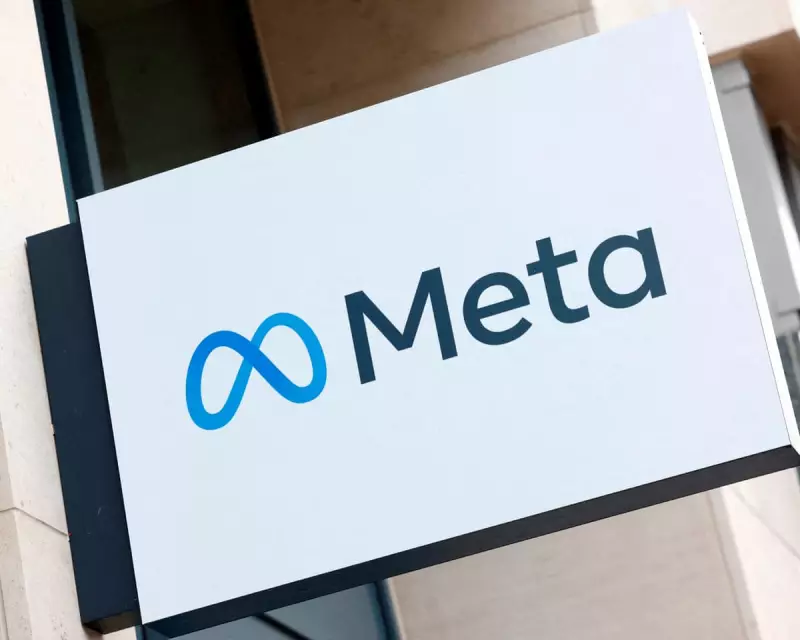
In a case that strikes at the very heart of free speech and corporate power, British author Sarah Wynn Williams is staring into the abyss of financial ruin. Her crime? Writing a critical book about tech behemoth Meta.
The acclaimed author of 'The Meta Exposé' has been served with a devastating gagging order, legally preventing her from criticising the company or promoting her work. The injunction has effectively strangled her ability to earn a living, forcing her to sell her home and confront the grim prospect of bankruptcy.
A Chilling Effect on Free Speech
This legal battle, unfolding in the heart of London's legal district, has sent shockwaves through the publishing and free speech advocacy communities. The injunction was granted by the High Court, preventing Ms Williams from making any public statements that Meta alleges breach confidentiality.
"This is a blatant attempt to silence a critic," a spokesperson for the National Union of Journalists stated. "When a corporation with the vast resources of Meta can effectively bankrupt an individual author, it creates a chilling effect that threatens democratic discourse itself."
The Human Cost of Corporate Litigation
The financial and emotional toll on Williams has been catastrophic. Forced to represent herself in court against Meta's army of top-tier lawyers, she has exhausted her life savings.
The situation highlights a critical imbalance in the UK's legal system:
- Individuals facing well-funded corporate entities
- The use of strategic lawsuits against public participation (SLAPPs)
- The immense personal cost of defending free speech
Williams's case is not just about one author; it's a stark warning to journalists, researchers, and whistleblowers across the United Kingdom. The message from Meta appears clear: criticism will be met with overwhelming legal force.
A Broader Pattern of Silencing Critics
This incident is part of a wider, worrying trend where powerful tech firms utilise legal mechanisms to suppress unfavourable narratives. Free speech organisations have condemned Meta's actions, arguing that the company is exploiting the UK's legal framework to shield itself from accountability.
As Williams fights to keep a roof over her head, her case poses a fundamental question: in the digital age, who gets to control the narrative—and at what cost to our fundamental liberties?






